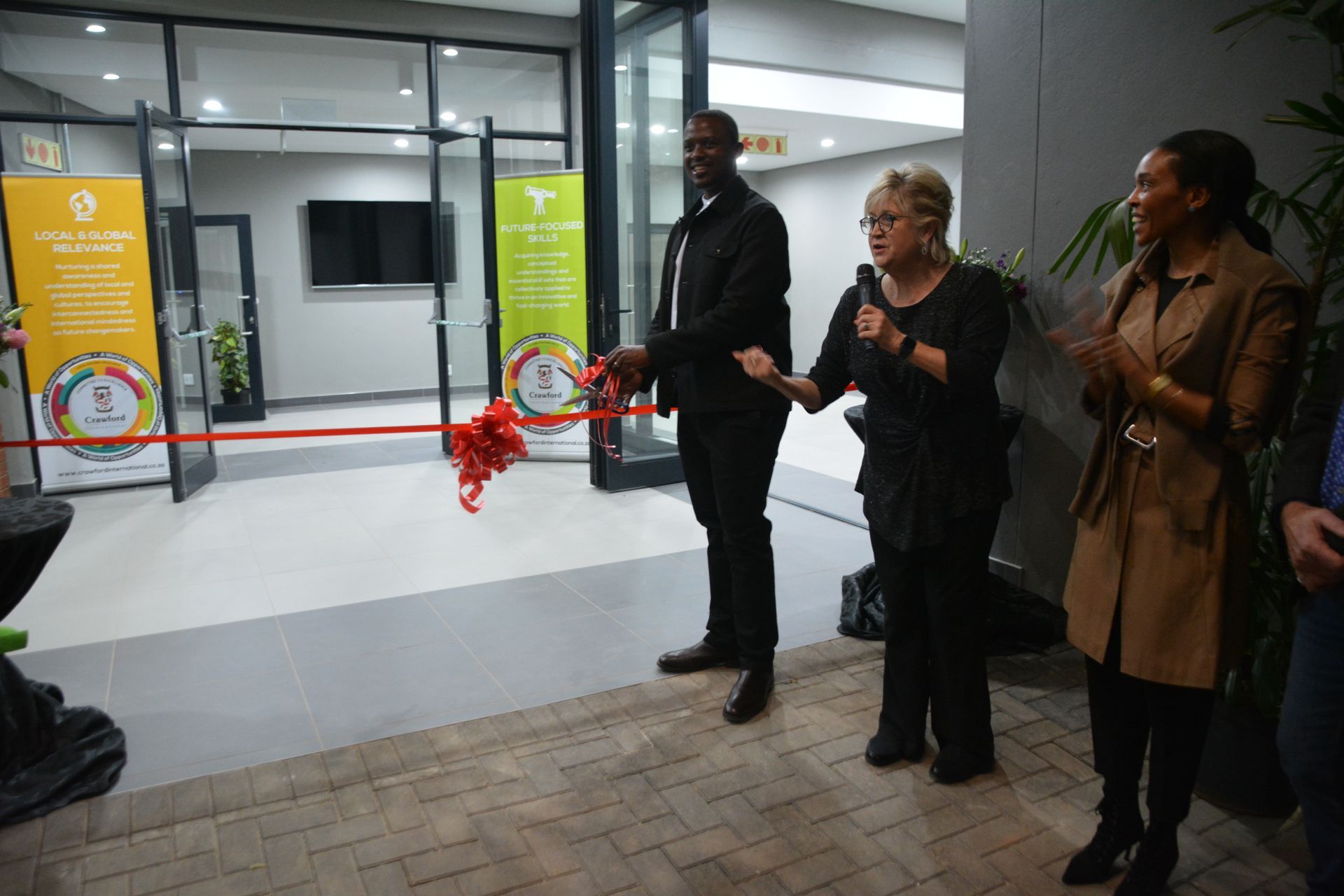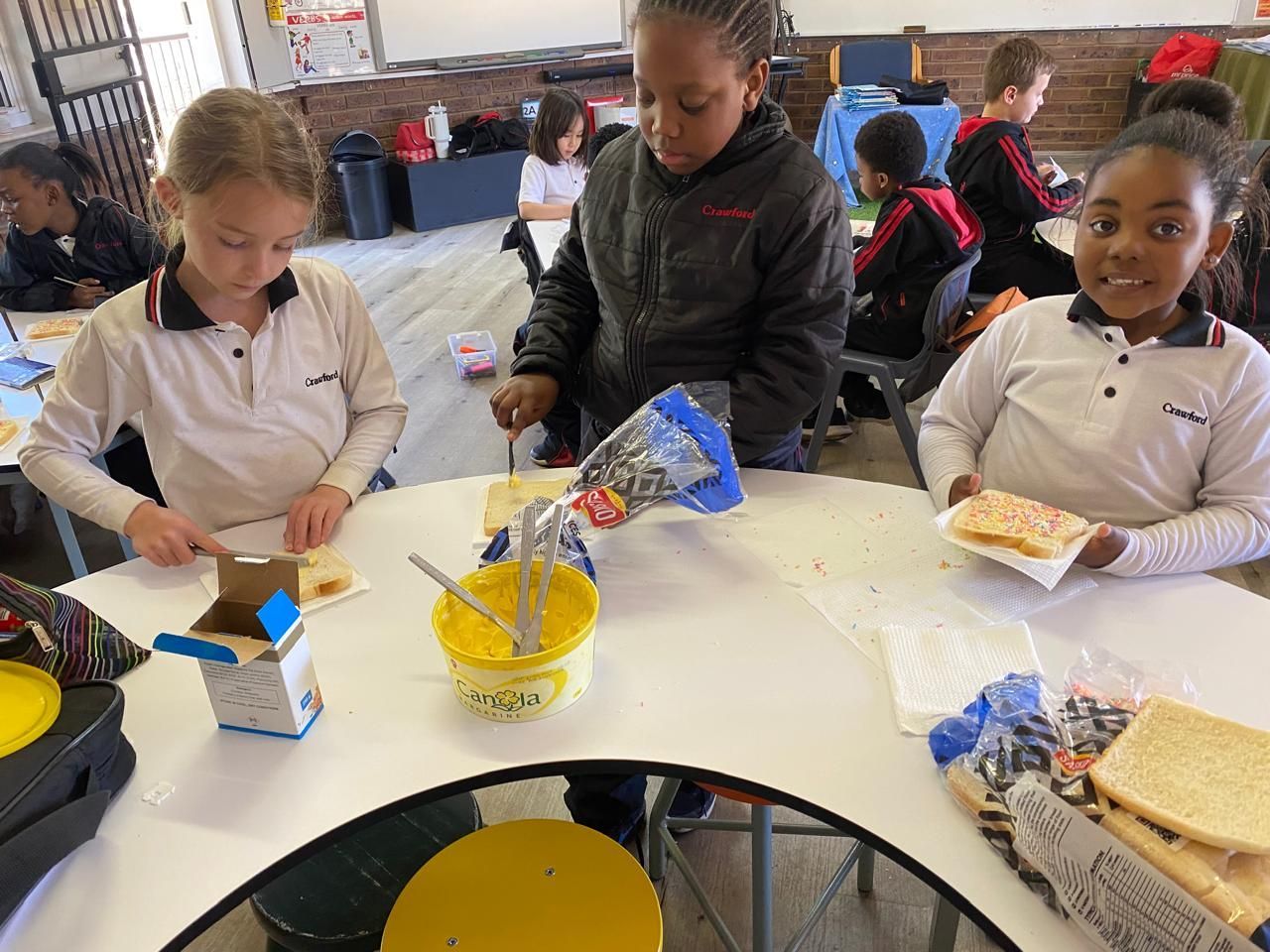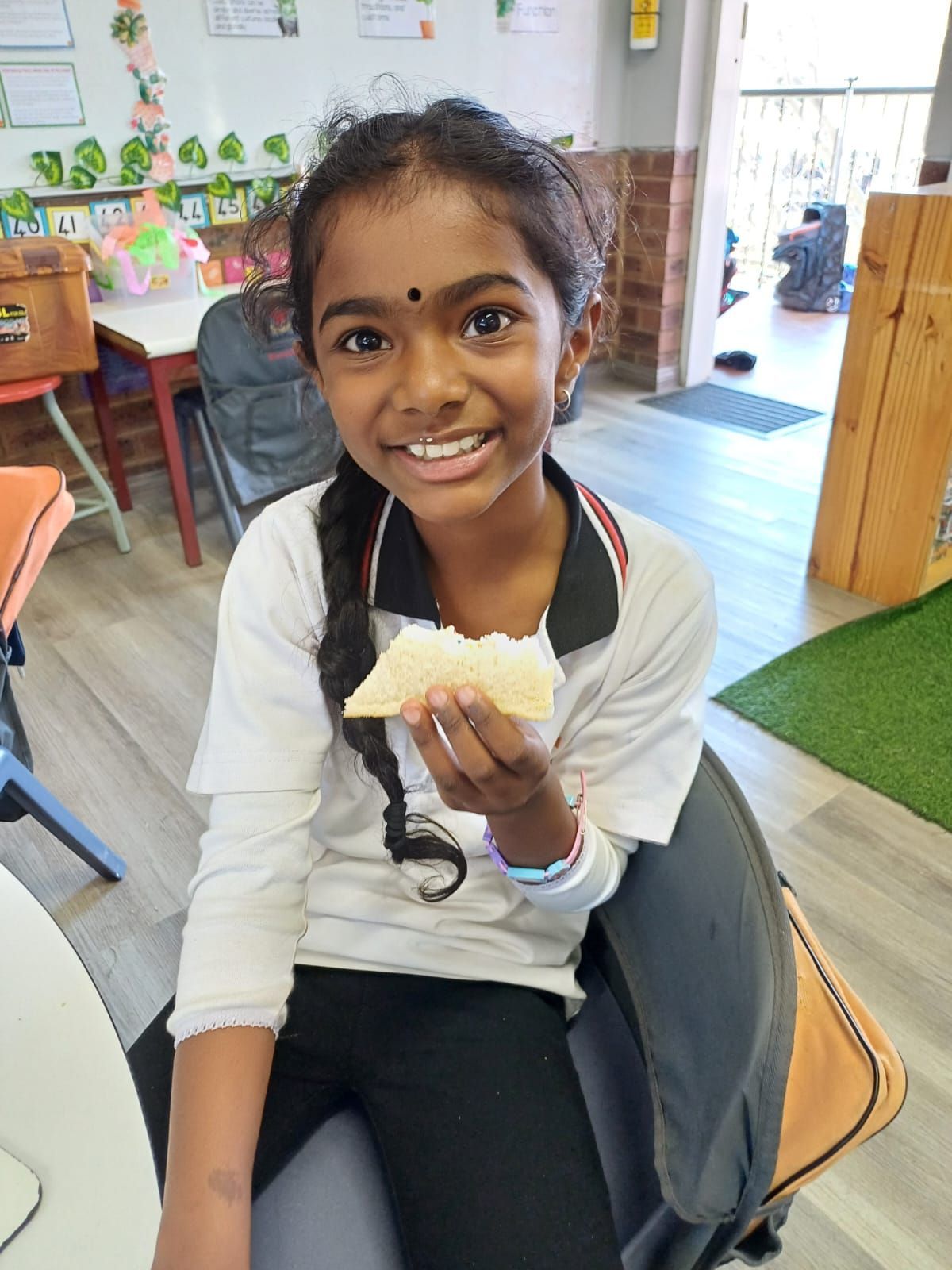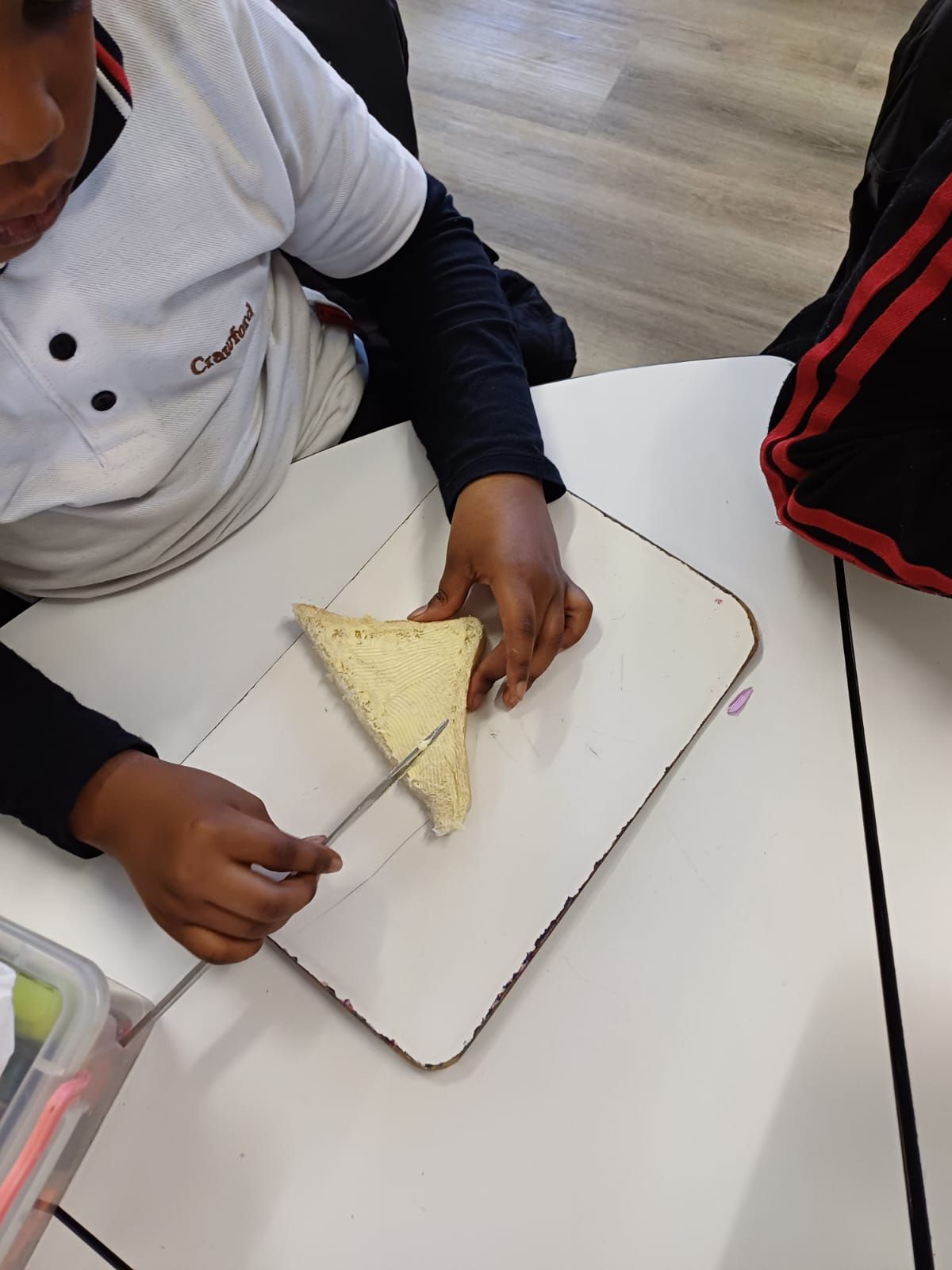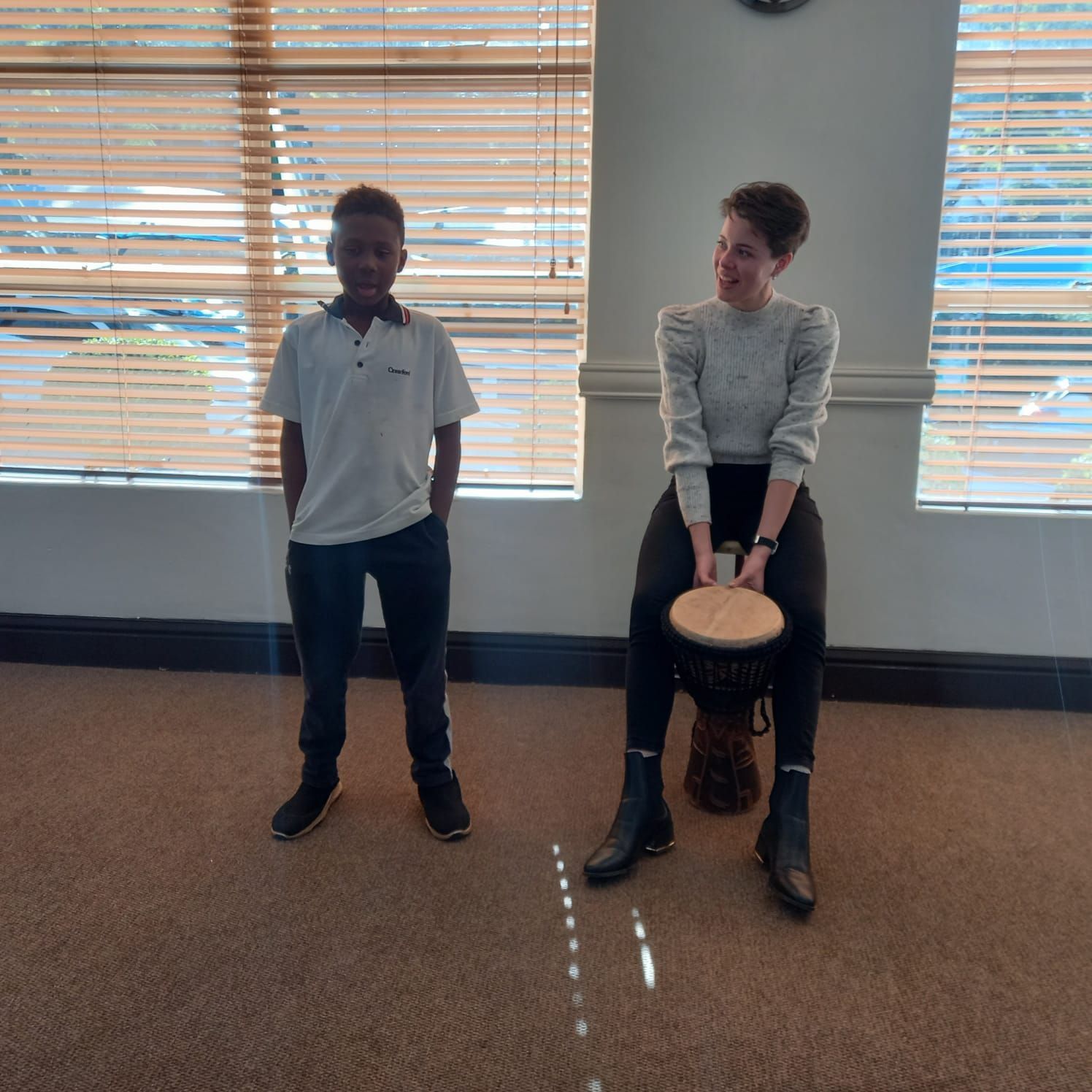Pretoria August 2024
August 30, 2024
An Exciting Start to Our Athletic Journey
Crawford International Pretoria’s athletics team made a strong debut at the Woodhill College Athletics Meeting. Our students competed in track events, ranking within the top five and showing their talent and determination.
This marks the start of a new chapter for athletics at our school. We look forward to seeing where this journey takes us and are confident our students will continue to succeed.
New Theatre Opening
We are pleased to announce the launch of our new campus theatre. On 15 August, the event began with an official ribbon-cutting ceremony by Managing Director, Dr Siza Majola. Prep and College students then showcased their talents with a series of performances.
The event received strong support from our campus community, marking a promising start for the theatre and the many events to come.
Grade 2 Explores New Traditions in Celebrations Unit
The Grade 2 students have been delving into various traditions as part of their Celebrations Unit of Inquiry. Recently, they explored the Australian tradition of Fairy Bread, which consists of bread with butter and sprinkles. While reactions were mixed, most students enjoyed trying this unique treat. This hands-on approach has offered students an engaging way to learn about different cultural practices and traditions.
Crawford College Pretoria Music Students Attend Johannesburg Philharmonic Orchestra Rehearsal
On 8 August 2024, Crawford College Pretoria music students from Grades 8 to 12 visited the Linder Auditorium at the Wits Education Campus in Parktown to observe a rehearsal of the Johannesburg Philharmonic Orchestra. The orchestra's management kindly allowed our students to attend the dress rehearsal for their upcoming Symphony concert.
During the session, our students, alongside peers from Afrikaans Hoër Seunskool 'Affies,' engaged keenly with the orchestra’s performance. They observed the intricate rehearsal processes, including the conductor's guidance on refining specific passages to enhance the performance. This experience provided valuable insights into professional orchestral practices and deepened the students' appreciation for live music.
Crawford International Pretoria Unveils Fourth Art Mural
Crawford International Pretoria College is proud to unveil its fourth monumental art mural in a decade. Each mural has marked a significant chapter in the school’s artistic journey, reflecting the creativity and collaboration of our students and artists.
Our mural journey began in 2014 with a striking three-storey piece created as part of the "Cool Capital Guerrilla Art Projects." The project involved working with a local artist, Karin Miller, known for her digital artistry. Karin's connection to our school was personal, as her daughter, Eugenie Miller, graduated from Crawford Pretoria in 2011 with a perfect score in Visual Art.
In 2017, our art students crafted a mural inspired by the renowned international artist Alexa Meade. The 2021 mural was a tribute to first responders and those lost during the COVID-19 pandemic, reflecting the community's resilience and gratitude.
The 2024 mural honours Mrs Cheryl Naidoo, the College Principal, and carries the theme "Let's Connect - Let's Engage." The artwork features a selection of pieces from Grades 8 to 12, chosen by Mrs Naidoo and Mrs da Serra, that best embody this theme. Notably, the mural includes works from several Crawford Pretoria alumni who had not previously had the chance to be featured:
- Tavia Gabrielle Eborall, Grade 12 (2020)
- Ahditi Roopnarine, Grade 10
- Sneha Jeewan, Grade 9
- Claire Edwards, Grade 12
- Kgalalelo Mahlogo, Grade 8
- Mikaela Govender, Grade 12
- Xiluva Mhlongo, Grade 10
- Nikita Gremiliaris, Grade 12 (2010)
- Onu Okuli, Grade 12 (2022)
- Katherina Knigge, Grade 12 (2023)
- Chichi Anji, Grade 12
- Nina Melka, Grade 10
Xiluva Mhlongo of Grade 10 W shares, “I’m grateful that I can see my art in school every day I come to school. I am very happy that I’ve made it this far. I am also thankful to my family and teachers for their continued support.”
This mural stands as a testament to the enduring spirit of creativity and connection within our school community.









